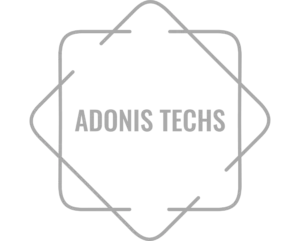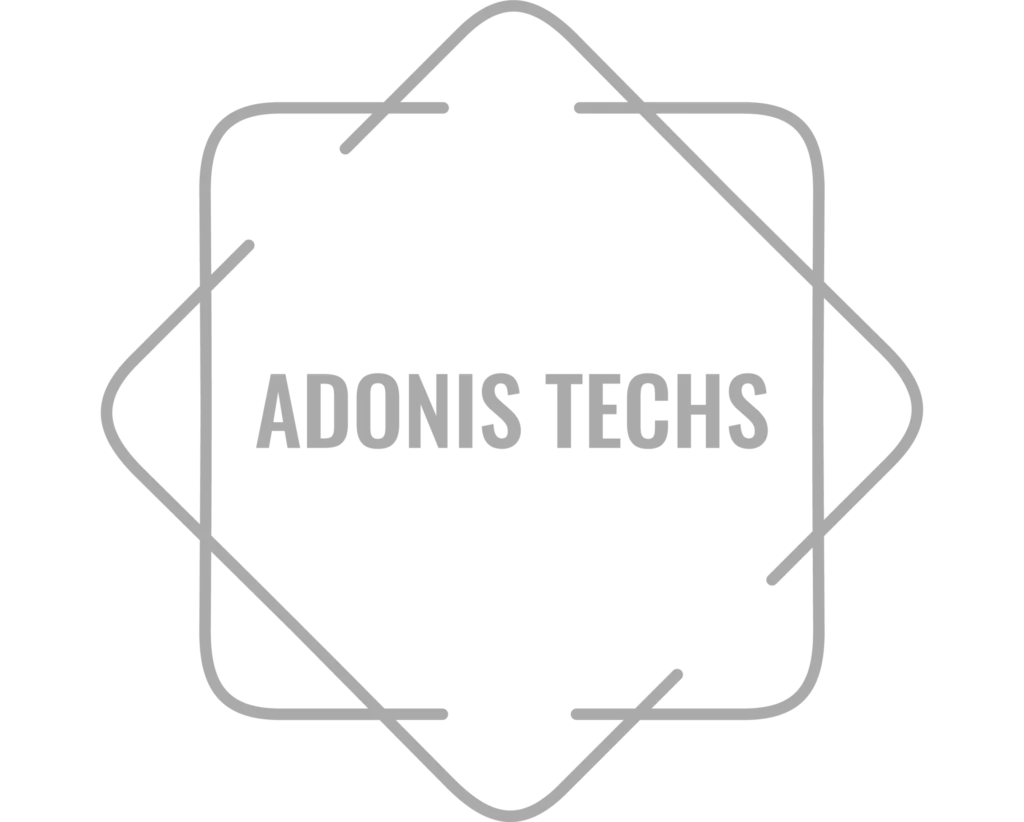Most real estate websites get visitors. Only a few turn them into clients.
The difference isn’t luck it’s design, functionality, and trust. A property booking website that converts doesn’t just display listings; it guides users toward action with precision.
Whether you’re a developer or a real estate agency planning to go digital, understanding how to blend UX, marketing psychology, and backend efficiency makes all the difference.
The Role of a Property Booking Website
Your property booking site is the digital front door of your business. It helps users:
- Browse available properties
- Schedule visits
- Make bookings or deposits online
- Communicate with agents directly
But for it to truly convert, the website has to do more than just look good it must work perfectly across devices, load fast, and make decisions easy.
Core Features Every Booking Website Should Have
1. Smart Search & Filters
Users should find what they want in seconds. Filters for price, size, location, and amenities reduce friction and increase engagement.
2. Real-Time Availability
Sync listings with your internal database or CRM so that property availability is always accurate.
3. Interactive Maps
Let users explore locations visually through Google Maps or a custom property map view.
4. Online Booking or Inquiry Form
A clear, minimal form with limited fields often converts better than complex registration steps.
5. Secure Payment Gateway
If deposits or reservations are accepted online, SSL-secured gateways like Stripe or PayTabs are essential.
6. Live Chat or Instant Support
Immediate communication turns hesitation into action. Integrate chatbots or live messaging to capture potential buyers.
7. Reviews and Testimonials
Authentic social proof builds confidence, especially for high-value listings.
Design Principles That Drive Conversions
Design can make or break your booking funnel. The focus should be on clarity and flow:
- Visual Hierarchy: Highlight primary CTAs like “Book Now” or “Schedule a Visit.”
- Speed Optimization: A 2-second delay can cut conversions by over 30%.
- Mobile-First Layout: Real estate users often browse on the go.
- Trust Signals: Display contact details, verified badges, and clear pricing.
Good website development practices ensure these design elements stay consistent, regardless of screen size or browser.
The Tech Behind a Strong Booking Platform
A high-performing booking website relies on a combination of flexible front-end design and a secure backend.
- Frontend: React.js, Vue.js, or Next.js for responsive interfaces
- Backend: Laravel or Node.js for handling bookings and user data
- Database: MySQL or PostgreSQL
- Integrations: Google Maps, calendar systems, or payment APIs
- Hosting: AWS or DigitalOcean for performance and uptime
A skilled team specializing in custom website development ensures scalability as your business grows.
Linking CRM & Booking Systems
Integration is where most booking sites fail. Without linking to your CRM, leads vanish into emails and spreadsheets.
Connecting your booking forms and inquiries to a real estate CRM ensures leads are tracked, categorized, and followed up properly.
If you want to see how top developers structure such ecosystems, explore Real Estate Website Development by Adonistechs.
For general technical structure and scalable systems, visit Website Development.
Cost of Building a Property Booking Website
Development costs depend on design, automation, and integration complexity. Approximate ranges:
- Basic Booking Website: $2,500 – $4,000
- Mid-Level Booking Portal (with CRM integration): $5,000 – $8,000
- Advanced Multi-Property Platform: $10,000+
Investing in better UX and speed optimization consistently improves conversion rates, so cheaper templates often end up more costly in the long run.
Optimizing for Conversions Post-Launch
Building the website is step one. The real challenge is continuous optimization.
A/B test landing pages, analyze user behavior with heatmaps, and tweak CTAs based on analytics data.
Combine this with SEO and social media marketing to drive qualified visitors ready to book.
Final Thoughts
A property booking website that converts isn’t built overnight it’s engineered thoughtfully. Every click, color, and message should move users toward trust and action.
In real estate, conversions depend less on traffic and more on clarity. If your website helps people make decisions easily, sales will follow.


